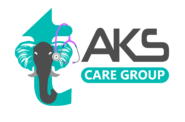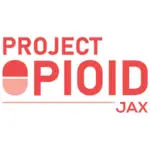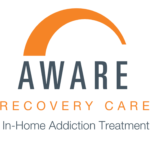MAT Services
MAT combines medication and therapy to treat substance abuse and aid in long-term recovery. This approach can be tailored to meet individual needs and is effective for those struggling with addiction and severe symptoms during detoxification. With counseling and support groups, MAT empowers individuals to overcome addiction, rebuild their lives, and achieve lasting sobriety.
At TAKS CARE GROUP, we offer comprehensive Medication-Assisted Treatment with an evidence-based approach for long-term recovery. Our experienced medical team provides individualized care and support for your recovery goals. Trust us to help you on your journey towards a better life. Our program is designed to assist those struggling with opioid or alcohol addiction, by using medications like methadone, buprenorphine, naltrexone, or acamprosate. These medications in combination with counseling help reduce withdrawal symptoms, cravings, and relapse, while helping individuals get back to their daily activities, work, and family lives.

What we offer
At TAKS CARE, our team of dedicated professionals is passionately committed to promoting lasting recovery from addiction. We understand how addiction can take hold of your life, shattering the foundations of your relationships, career, and personal well-being.
- Buprenorphine
- Suboxone
- Vivitrol
Opioid use disorder is a chronic disease that can be managed with treatment.
Opioid use disorder, or opioid addiction, causes neurological and cognitive changes that can lead to harmful, self-destructive behaviors and compulsive, involuntary drug-use. Like diabetes, cancer and heart disease, addiction is caused by a combination of behavioral, environmental and biological factors. Genetic risk factors account for about half of the likelihood that an individual will develop an addiction.
Alcohol use disorder is a chronic disease that can be managed with treatment.
Alcohol disorder, also known as alcoholism or addiction, is a serious medical condition that affects those who have a problematic relationship with alcohol consumption. It results in the inability to control drinking, a higher tolerance, and withdrawal symptoms when trying to quit. It can harm physical, mental, and emotional health, as well as interpersonal and professional relationships. It is crucial to seek suitable treatment, as it is a chronic condition that necessitates continuous care and support. Early intervention and therapy can enhance outcomes for those suffering from alcohol disorder.










